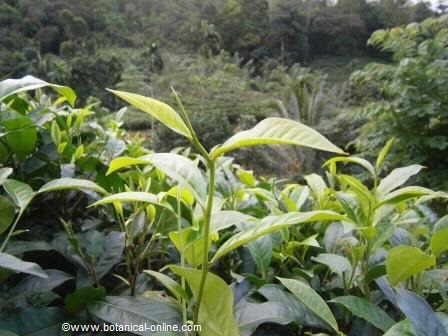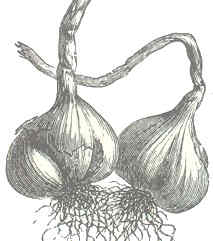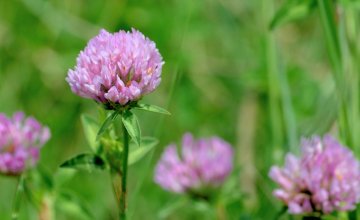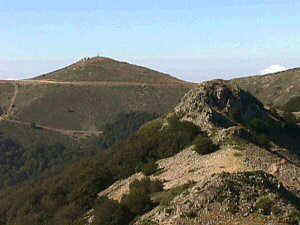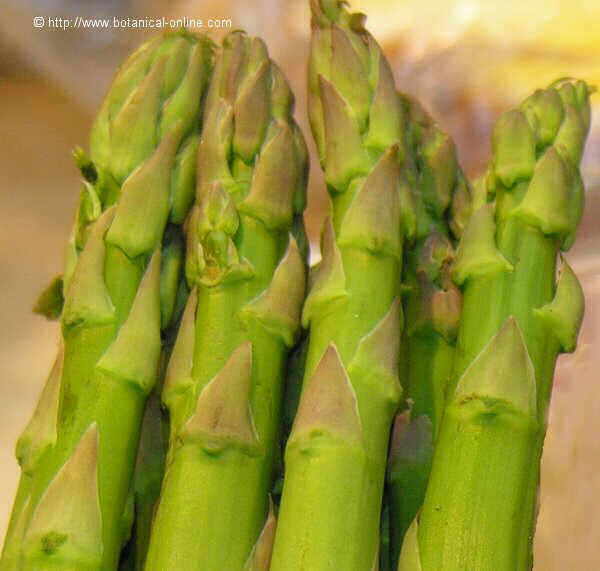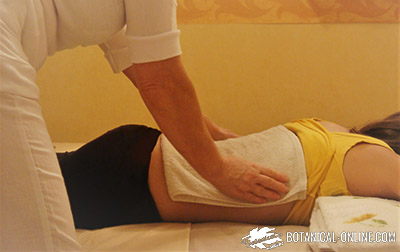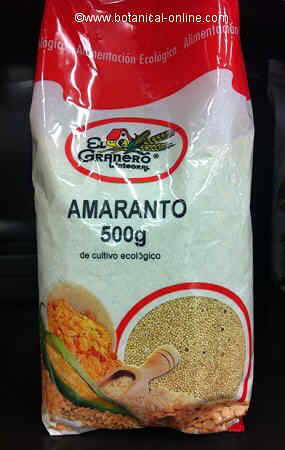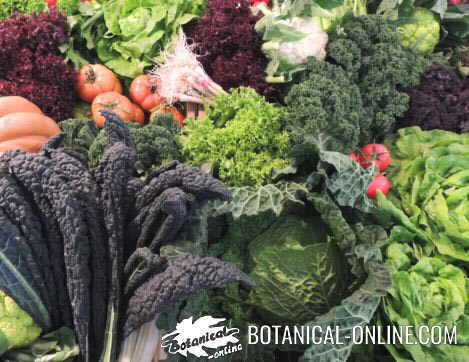Contents
- 1 Soy for prevention and treatment of breast and uterus cancer
- 1.1 IS SOY ADEQUATE AGAINST BREAST CANCER OR DOES SOY TRIGGER IT?
- 1.2 What is soy and what does it give to us?
- 1.3 Products containing soybean
- 1.4 Does soy have any components against cancer?
- 1.5 What effects or properties do phytoestrogens exert?
- 1.6 Soy for breast cancer and uterine cancer
- 1.7 Problem with soy and cancer drugs
- 1.8 Can soy cause breast cancer?
- 1.9 Soy isoflavones for menopause?
- 1.10 Is soy good to prevent breast cancer?
- 1.11 Can soja prevent breast cancer?
Soy for prevention and treatment of breast and uterus cancer
IS SOY ADEQUATE AGAINST BREAST CANCER OR DOES SOY TRIGGER IT?
What is soy and what does it give to us?
Soybeans are the fruits of soy (Glycine max.), one of the most consumed vegetables in the world. Originating in Asia, currently it can be consumed on all continents.
This vegetable is very nutritious because it provides lots of complete protein, fiber, B vitamins (except vitamin B12) and minerals (potassium, phosphorus, calcium and magnesium, mainly)
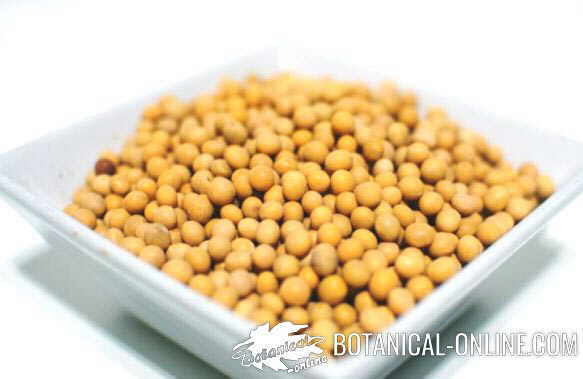 Photo of soy beans Photo of soy beans |
Products containing soybean
Soy is found in soybeans, soybean oil (widely used in industrial products), tofu, tempeh, miso, soy sauce, soy flour and soy beverage.
Does soy have any components against cancer?
Like all vegetables, soy has components that protect it against certain cancers, such as fiber, antioxidants and flavonoids.
The problem with this legume is its high content of soy isoflavones, plant substances that, once in the body that have functions similar to estrogen hormone, reason why they are called phytoestrogens.
The main soy isoflavones are genistein, daidzein and glycitein.
What effects or properties do phytoestrogens exert?
Properties of soy for menopause are very well known. because phytoestrogens supplement estrogen deficiency that occurs in this stage of life helping to reduce some symptoms and allegedly to prevent bone problems caused by lack of estrogen.
Isoflavones may be beneficial to relieve symptoms of menopause and to lower cholesterol, but it is unclear its role in preventing osteoporosis or cardiovascular disease. NO soy isoflavones protect against breast cancer |
However, this estrogenic effect is much discussed and it is responsible for some important contraindications of soy
Soy for breast cancer and uterine cancer
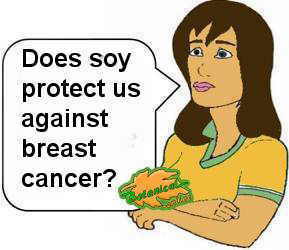 It is unclear the role of soy in cancer prevention It is unclear the role of soy in cancer prevention |
It was previously thought that soy protected against these cancers, but later it was observed that the results of the studies are contradictory, so it is not recommended for prevention or treatment for these cancers.
Some cancers use estrogen to grow. They are called hormone-dependent cancers. Breast cancer and cervical cancer are dependent cancers.
Problem with soy and cancer drugs
To prevent recurrence of these types of cancer drugs such as tamoxifen and aromatase inhibitors, which prevent estrogen levels in the blood to rise too much.
In cancer drugs, soy isoflavones influence on the metabolism of tamoxifen and aromatase inhibitors, drugs tar are taken during and after breast, uterine or ovarian cancer.
In general, when taking medication, soy consumption should be discouraged, at least not regularly. For example, people taking drugs for thyroid problems should also avoid soybeans.
Can soy cause breast cancer?
Soybeans in normal amounts in the diet does not appear to increase the risk of breast cancer or uterine cancer.
However some people may make an excessive intake of soy and therefore of its isoflavones. The simultaneous consumption of soy milk, tofu, soy sauce, miso, tempeh, soy protein is not recommended, etc.
Recommended Products with soy, if taken, are tempeh and tofu, 2 times a week, for example, and use another vegetable drink.
What has been proven harmful and it is not recommended are soy isoflavone supplements because they do not protect against breast cancer and because some researchers believe they could increase the risk of breast and endometrial cancer.
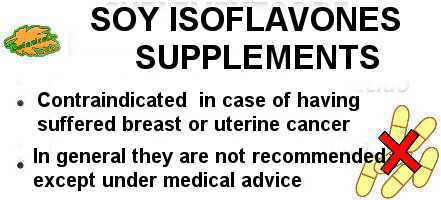
Soy isoflavones can be purchased without a prescription and are taken against cholesterol and against the symptoms of menopause, but the truth is that their safety is unknown at 100% and the studies are contradictory
It is not necessary to consume soy. NOT RECOMMENDED taking supplements of soy isoflavones in general, and less after a breast or uterine cancer. Although soy isoflavones are sold as a dietary supplement without a prescription, you should not take these supplements without medical advice. |
Soy isoflavones for menopause?
Soy isoflavone supplements are also recommended in menopause to reduce cholesterol and hot flashes. Soy supplements should not be used for menopause, except on medical advice. (Always consult with your doctor)
However, normal consumption of soy does not appear to be detrimental. Overeating is not safe to perform because many of soy products (soymilk, tofu, tempeh, soy protein, soy beans, soy sauce, soybean oil) can be detrimental because isoflavones are consumed.
Is soy good to prevent breast cancer?
The relation of soy with cancer presents much controversy and the fact is that it is still not known if soy is secure or not , as there are conflicting studies. In conclusion one could say that regular consumption of soy is not recommended having bread cancer (soybeans, soy milk, tofu, soy oil and all its derivatives).
There is also no need to include this food in most of the meals in Western diets where there are equally healthy nutritious local foods, such as lentils, chickpeas, seitan or other protein-rich grains such as buckwheat.
Besides it is not clear if this food can prevent breast cancer. Some specialists even think that soy supplements could provoke it.
On the other hand, soy seems to have a protective effect against prostate cancer.
Can soja prevent breast cancer?
In general, it has not a protective role against breast cancer, ovary or uterus.
Initially it was thought that soy may have a protective effect against cancer because of the low incidence of breast cancer studied in China, a major consumer of soybeans.
However, further studies seem to disassemble this theory. Probably the cancer protection is due to diet rich in vegetables and little pollution in rural areas of China, not soybeans in particular.
Other research has shown that soy has no components that protect against cancer in the Western diet. In contrast, in Japan, where the population regularly consume soy, it has been found that taking certain amount of soy from childhood may reduce the risk of breast or uterine cancer.
* Related information:
– Soy for hot flushes in menopause
![]() More information on soy and derivatives.
More information on soy and derivatives.

